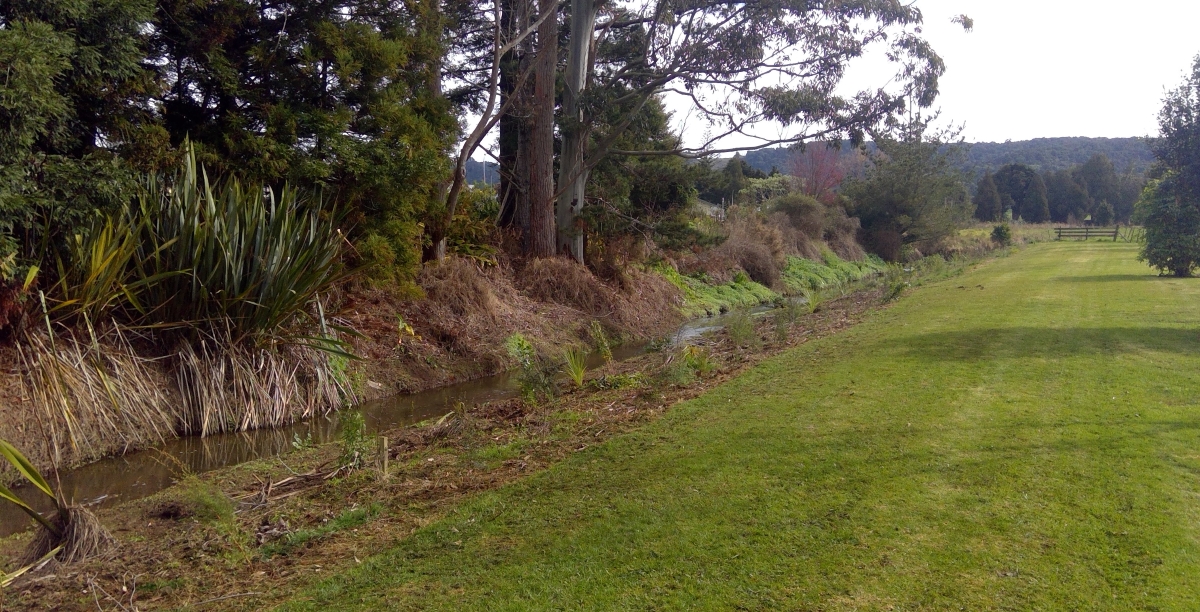Story
Kaikohe Christian School improving local water quality
Improving the quality of the water running into and through Kaikohe is the focus of Kaikohe Christian School’s arawai project, one of 26 successful applications for funding from the regional council’s Environmental Leadership Fund (ELF).
The school has bought water quality monitoring equipment and garden tools with its $1,044 grant and is using the funds for local projects centering on the school’s Kaikohe campus.
The aim is to involve students of all ages and integrate learning with hands-on activities that benefit the environment, have practical outcomes, and make the academic curriculum more relevant and purposeful.
The school joined the regional council’s Enviroschools programme last year after nearby Lake Omapere experienced a potentially toxic algal bloom. They have visited the lake and other environmental hotspots as part of their environmental studies.
Head of Primary Department David Prickett says staff and students want to make an ongoing investment in the whole community by improving water quality in the area.
“We are taking care of our local environment, taking care of our inheritance and preparing it for those who will follow,” he says.
Intermediate students have planted riparian natives along the Mangamutu stream in Kaikohe, specifically at Rawiri Park where they are also monitoring the water quality, temperature and pH and are taking specimen samples to analyse under microscopes. With a local farmer’s help, they are also maintaining a section of the Wairoro stream that runs behind their school. Students and supporters of both the Kaikohe Christian School and Okaihau Primary School have recently planted 720 trees as part of the Te Mana O Roto Omapere Me Ona Awa Project, funded by MfE on land belonging to the Te Aranga Hou Marae Trust.
The water quality equipment is enabling secondary school students to apply science in a relevant context, such as algal bloom. “With regular monitoring at the same location throughout the year, we are starting to build a database to help us understand trends and observations in the ecosystem,” David says. “We want to monitor and maintain all the water that runs throughout our town.”
Secondary students are also involved with community projects for the benefit of the environment, such as pest control and propagation management – another relevant and hands-on opportunity for effective learning. “We offer an elective programme to our students, and it’s been wonderful to see them actively engaged to improve their local community.”
The gardening tools have a dual purpose – they are used to plant local stream banks with natives and to create vegetable gardens. A shade house allows seedlings to be propagated and leads into a Garden to Table initiative for primary classes where children find out how to plant, harvest and cook the produce they have grown.
This year’s ELF fund has allocated $2,804 for biosecurity trapping hardware and $20,000 for environmental projects including several native plant nurseries, water quality monitoring kits, native restoration and riparian planting projects and a renewable energy project. The allocations have been made to primary, intermediate and secondary schools throughout the region.

Students have planted riparian natives along the Mangamutu stream in Kaikohe.
